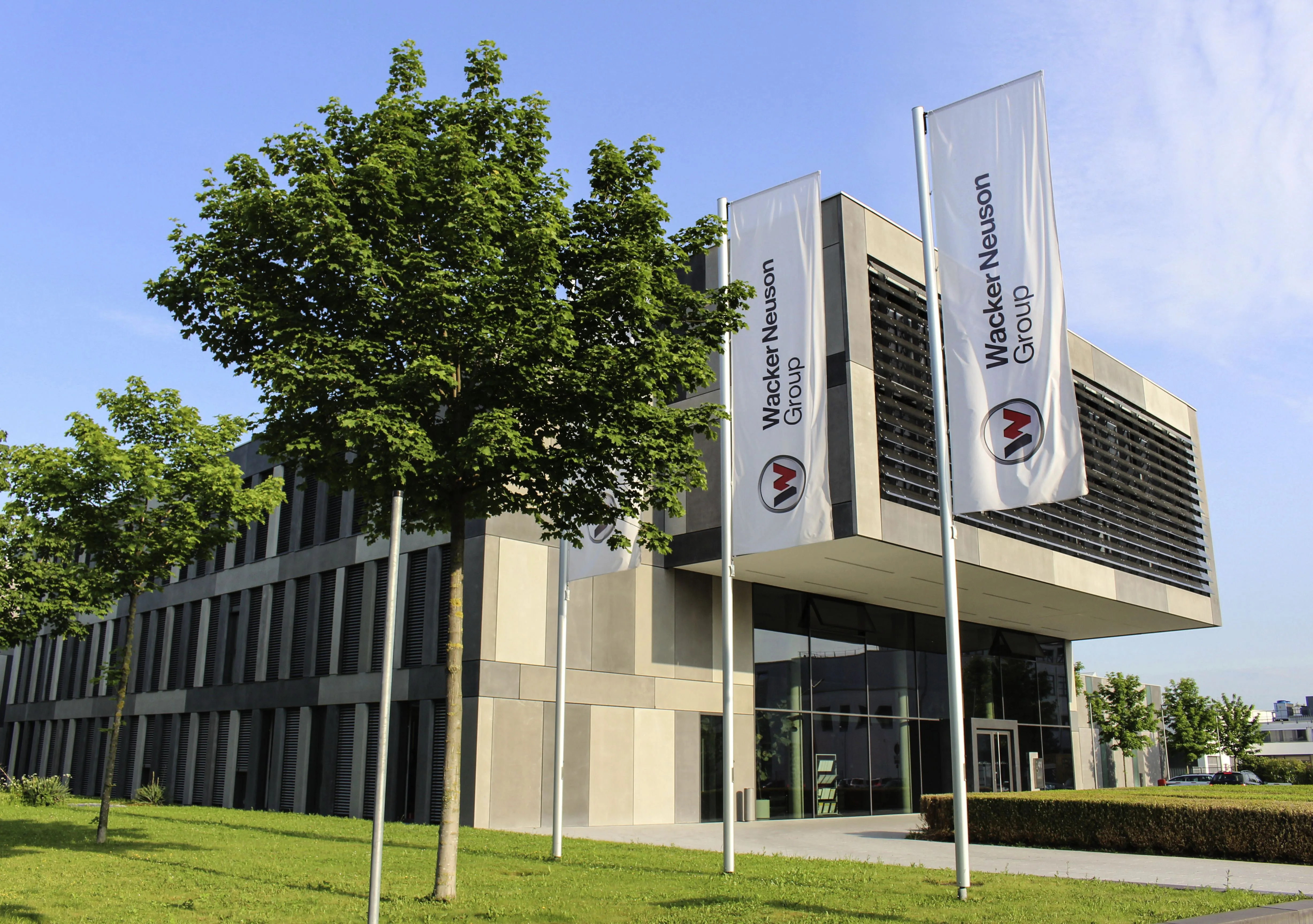Worldwide new vehicle sales in 2012 are expected to rise 6.7 per cent over 2011 volumes to 77.7 million vehicles, according to Polk, a leading global automotive market intelligence firm. The company’s analysts believe the global economy will weather the current European sovereign debt crisis and consumers will return to showrooms around the world in 2012.
March 22, 2012
Read time: 2 mins
Worldwide new vehicle sales in 2012 are expected to rise 6.7 per cent over 2011 volumes to 77.7 million vehicles, according to Polk, a leading global automotive market intelligence firm. The company’s analysts believe the global economy will weather the current European sovereign debt crisis and consumers will return to showrooms around the world in 2012.
China is expected to make the largest contribution to global sales growth for new vehicles, according to Polk, with an anticipated 16 per cent increase over 2011. Polk analysts anticipate much of this growth to occur outside of the large metropolitan cities of Shanghai and Beijing.
The US market will experience single digit growth, primarily due to the relatively strong year for sales in 2011, and the effects of the weak economy that will continue to impact new vehicle demand through most of 2012. Light vehicle sales are expected to grow at a moderate pace, with a 7.3 per cent increase in the region this year, to 13.7 million vehicles, according to Polk analysts, but they do not expect the US market to achieve pre-recession levels of greater than 16 million vehicles per year until 2015.
The luxury segment in the US market in 2012 is expected to be the fastest growing segment, with more than 14 per cent growth, according to Polk.
"More affluent buyers are returning to the market for new vehicles, after three years of spending reductions," said Anthony Pratt, director of forecasting for the Americas at Polk. "The luxury segment also offers a wide variety of product options for consumers across all segments, ranging from small cars to SUVs," he said.
European sales are expected to be flat or down slightly, to just over 19 million units, according to Polk. Austerity plans will prevent governments in Europe from boosting 2012 sales through scrappage programmes and other incentives offered in previous years.
Growth in the other BRIC countries will outpace many mature markets over the next few years. As an example, Polk expects Brazil to surpass Germany as 2011 sales results are finalised, and new vehicle sales in India are expected to surpass those sold in Germany in 2014. Sales growth in Russia will likely be flat in 2012, however, Polk anticipates sales in Russia to outpace Germany by the year 2015.
China is expected to make the largest contribution to global sales growth for new vehicles, according to Polk, with an anticipated 16 per cent increase over 2011. Polk analysts anticipate much of this growth to occur outside of the large metropolitan cities of Shanghai and Beijing.
The US market will experience single digit growth, primarily due to the relatively strong year for sales in 2011, and the effects of the weak economy that will continue to impact new vehicle demand through most of 2012. Light vehicle sales are expected to grow at a moderate pace, with a 7.3 per cent increase in the region this year, to 13.7 million vehicles, according to Polk analysts, but they do not expect the US market to achieve pre-recession levels of greater than 16 million vehicles per year until 2015.
The luxury segment in the US market in 2012 is expected to be the fastest growing segment, with more than 14 per cent growth, according to Polk.
"More affluent buyers are returning to the market for new vehicles, after three years of spending reductions," said Anthony Pratt, director of forecasting for the Americas at Polk. "The luxury segment also offers a wide variety of product options for consumers across all segments, ranging from small cars to SUVs," he said.
European sales are expected to be flat or down slightly, to just over 19 million units, according to Polk. Austerity plans will prevent governments in Europe from boosting 2012 sales through scrappage programmes and other incentives offered in previous years.
Growth in the other BRIC countries will outpace many mature markets over the next few years. As an example, Polk expects Brazil to surpass Germany as 2011 sales results are finalised, and new vehicle sales in India are expected to surpass those sold in Germany in 2014. Sales growth in Russia will likely be flat in 2012, however, Polk anticipates sales in Russia to outpace Germany by the year 2015.







